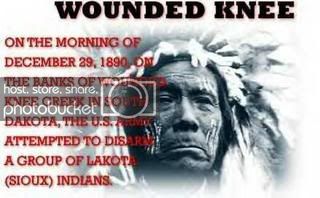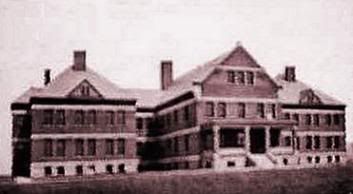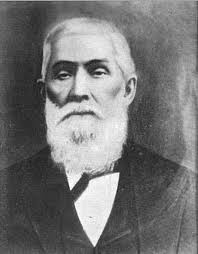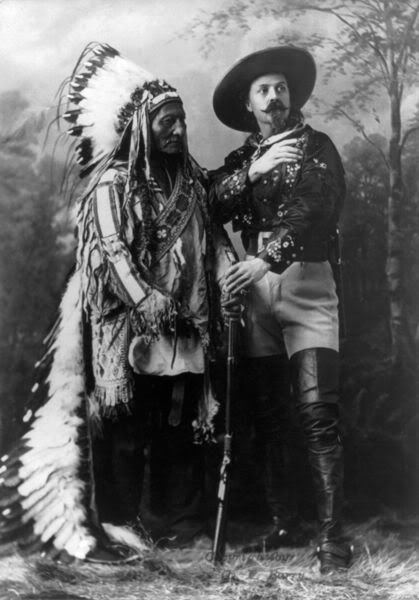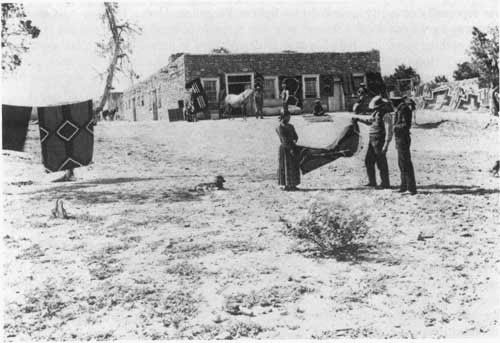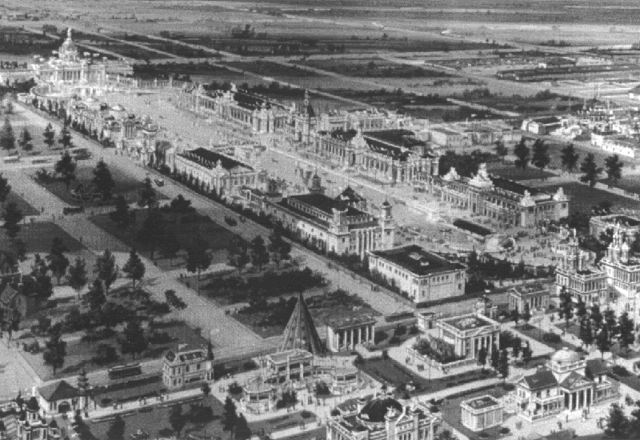The Wounded Knee Massacre: 121st Anniversary
( – promoted by navajo) The Sand Creek Massacre and the Washita Massacre both led to the Wounded Knee Massacre. The Sand Creek Massacre brought the realization that “the soldiers were destroying everything Cheyenne – the land, the buffalo, and the people themselves,” and the Washita Massacre added even more genocidal evidence to those facts. … Continued
